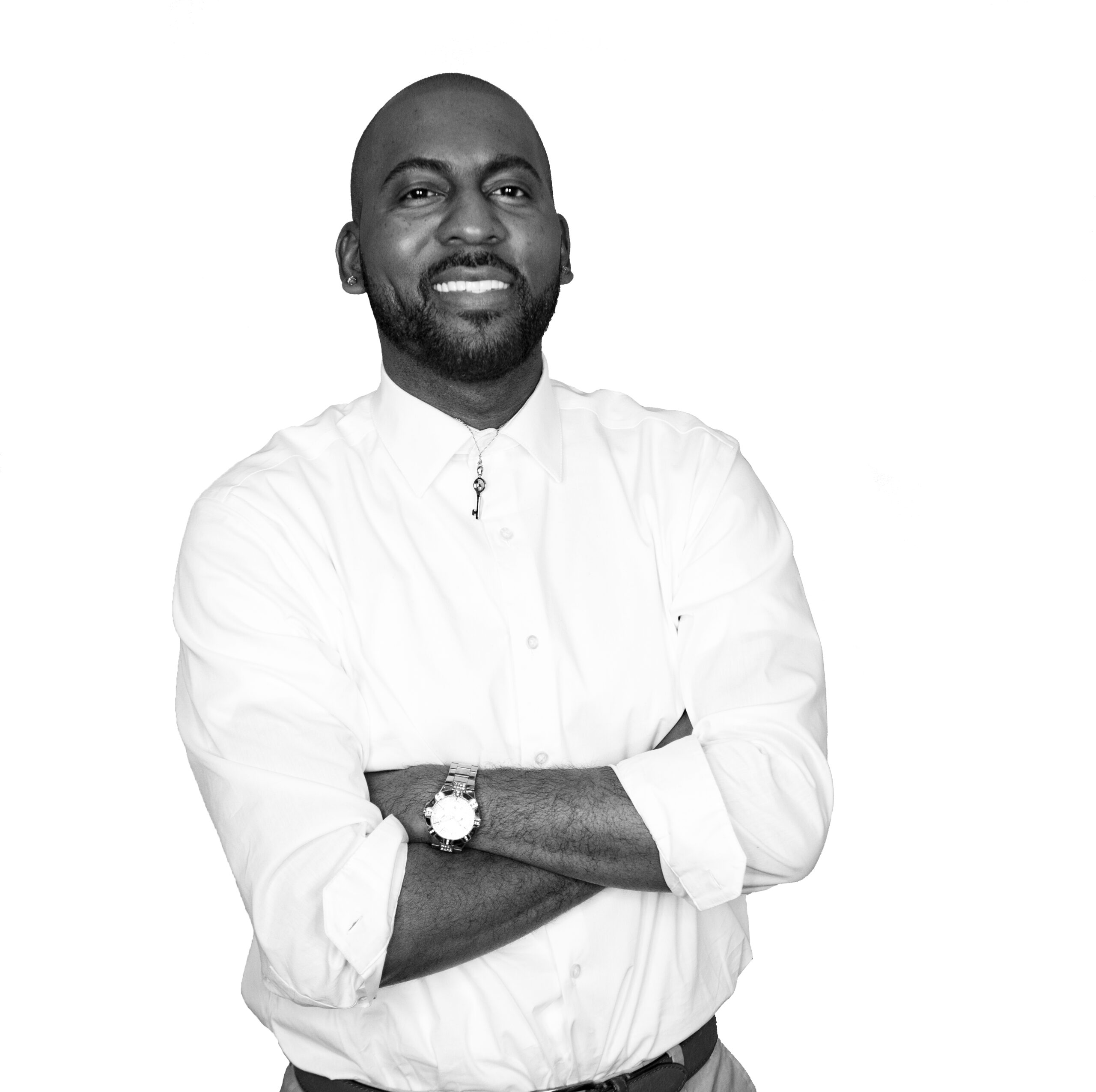It’s an ugly truth, but it’s the truth’
Frank Leon Roberts, an NYU professor and BLM activist, spoke to URI students this week. Photo from roddenberryfoundation.org.
Frank Leon Roberts, the New York University professor who developed the “Black Lives Matter Curriculum,” talked to students from the University of Rhode Island at an event held by the Black Student Union about the state of the BLM movement and its relation to the nation’s climate.
In addition to his work as a professor at NYU, Roberts is also an author and community organizer and was present at Black Lives Matter rallies following the shooting of Michael Brown in Ferguson, Missouri.
Roberts was introduced by Leila Cox, the president of the BSU, and Imani Fleming, the BSU’s fundraising and events chair, at their event last Thursday.
According to Cox, this talk was a continuation of many other talks hosted by the BSU over the past few years, including talks on “dissecting microaggressions and stereotypes, the challenging notions of what it means to be Black in today’s society [and] Black lives during COVID.”
Roberts started the talk by explaining that the Black Lives Matter movement is an appeal to the soul more than it is an appeal to the law. He called it a human rights movement rather than a civil rights movement. He also said that the movement faces challenges as many people have different perceptions of what the movement stands for.
“If you ask five different people ‘What is Black Lives Matter?’ you will get five radically different answers,” Roberts said. “One person will say it’s the new Civil Rights Movement, and one person will say it’s a new-age terrorist group. Both those people are wrong. It is a human rights movement.”
Roberts shared a story about the impact of student activism on college campuses and explained how they can affect universities.
In 2015, Black students at the University of Missouri protested the lack of faculty diversity and multiple incidences of bigotry on campus, demanding Timothy Wolfe, the president of Mizzou, resign. A few months after the protests began, members of the football team announced that they would not practice or play until Wolfe resigned. Soon after, Wolfe announced his resignation.
Roberts also contextualized the current BLM moment, by contrasting Barack Obama’s and Donald Trump’s administrations.
He attributed Trump’s election as a direct result of the election of Obama, the first Black man to hold the office of President of the United States, to a historical period of backlash following progress in the United States.
Roberts said that the election of Trump was Americans telling Black people, women, immigrants, Asian-Americans and the disabled how they felt about them. He said that the Obama era directly led to Trump’s election. However, he also said that it was necessary for America to move forward.
“America has been telling the truth,” Roberts said. “It’s an ugly truth, but it’s the truth. And truth is a precondition for progress.”
Roberts described the movement as “America’s Third Reconstruction,” because the Black Lives Matter movement, as well as other activist movements in regards to inequalities, is comparable to the reconstructions following the Civil War and the Civil Rights Movement during the ‘60s.
Roberts also advised members to not confuse the Trump presidency, which he called “a symptom of a disease,” with issues such as racism, xenophobia, corporate greed and unjust justice system, which he said are “the disease itself.”
He also said that while conversations about defunding police and upheaving the current prison-industrial complex may cause some people to feel uncomfortable, uncomfortable conversations must be had to reach a better future.
In regards to Black Lives Matter protests themselves, Roberts said that he supports nonviolence, but that the past few years have taught people that there isn’t a form of Black protest accepted by members of a white majority.
“There’s a lot of rioting that happens in Congress every year,” Roberts said. “Some people riot by breaking a window, some people riot by gutting the Voting Rights Act.”
Closing with a question and answer section, Roberts gave the audience advice as to how to help push for action on issues important to the Black community.
“You can’t make people care, but you can make people accountable,” Roberts said. “Power concedes nothing without a demand and a clear consequence.”’

